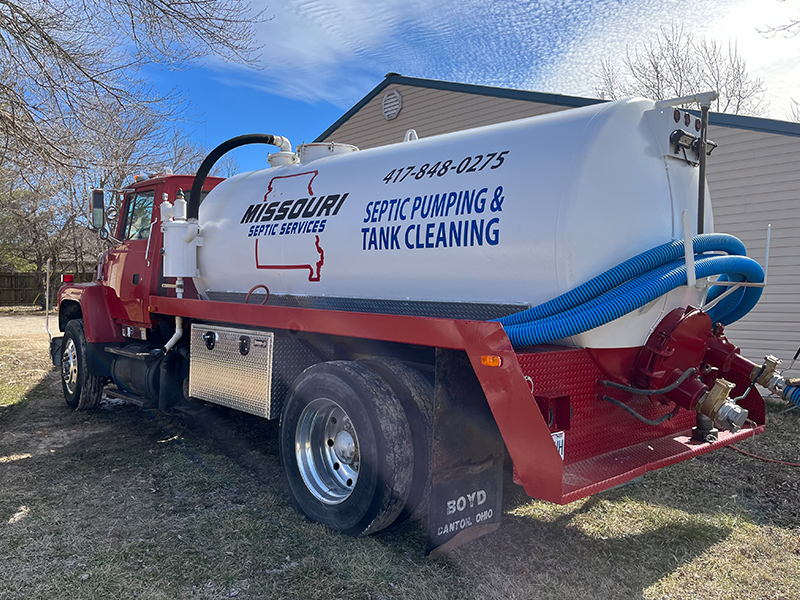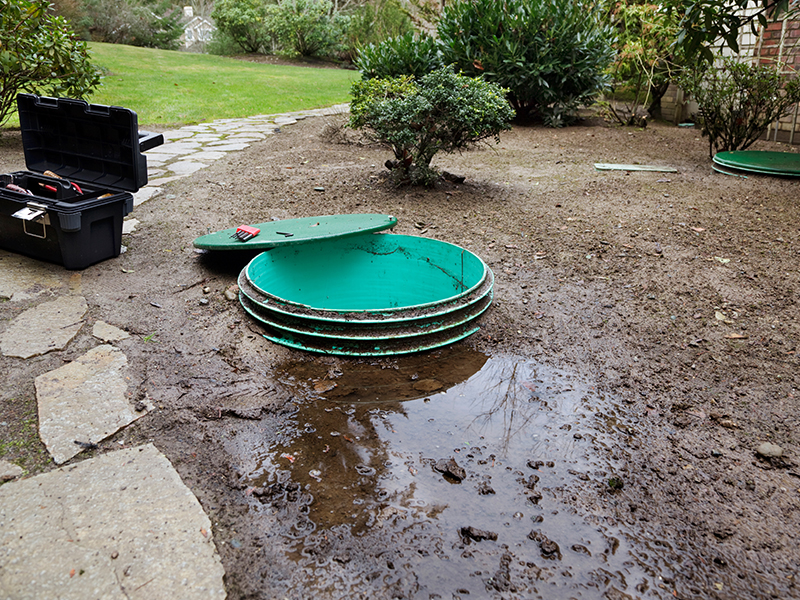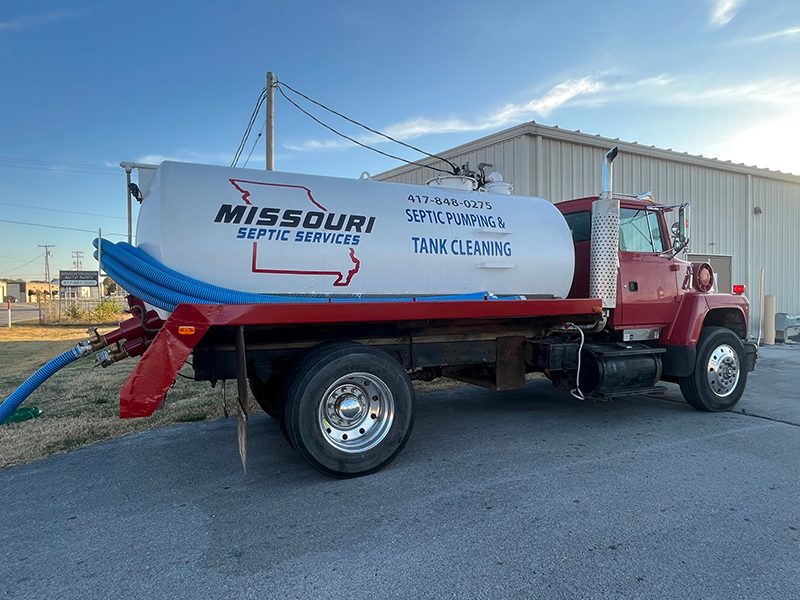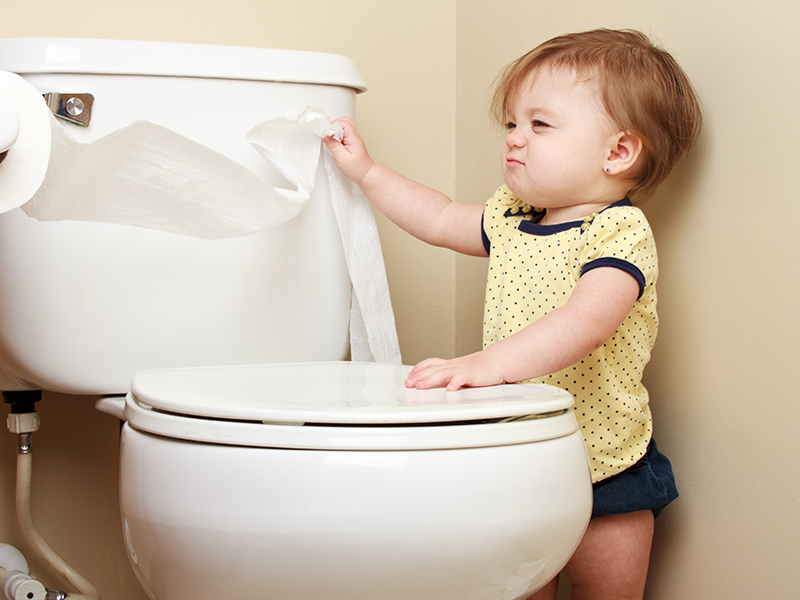Hours: Mon – Fri 7:30am – 7:30pm
If you’re a homeowner with a septic system, you know how critical it is to clean your septic tank regularly. Septic tank cleaning ensures that your system operates efficiently and prevents damage to the drain field. In this blog post, we’ll discuss everything you need to know about septic tank cleaning services. We’ll discuss why it’s essential for wastewater treatment and how often you should do it.
We’ll investigate the effects of neglecting to clean your septic tank regularly and what can happen if there is excessive sludge in the container. We’ll provide tips on proper maintenance to keep your septic system functioning optimally.
We’ll discuss some risks associated with poor septic system maintenance, how it could affect drinking water quality, and what steps homeowners can take to ensure their systems work correctly.
By the end of this blog post, you will understand why regular septic tank cleaning is crucial for homeowners with these systems. You will also learn how to maintain them optimally while preventing potential issues.

Understanding Septic Tank Cleaning
Septic tank cleaning and pumping are two critical maintenance activities that should be done regularly to keep your septic system functioning properly. It is essential to comprehend the distinction between septic tank cleaning and pumping and why they are critical for a healthy system.
Pumping involves removing all sludge and scum from the bottom of the tank. This process helps prevent clogs in your drain field and ensures that wastewater can flow freely through your pipes without becoming backed up or blocked. It is usually suggested that septic tanks be emptied every 3-5 years, depending on the amount of use and other variables, like the number of people living in a house or what waste is being disposed of.
Cleaning differs slightly from pumping in that it focuses more on removing any buildup inside the tank walls rather than just clearing out what has settled at the bottom. Cleaning can help extend the life expectancy of your septic system by preventing corrosion and cracking due to excessive buildup over time. If left unchecked, this could lead to costly repairs. The frequency you need to clean depends on how much water flows through your system daily. Generally, cleaning should occur every 1-2 years for households with average usage levels. However, this may vary depending on individual circumstances.
Regular maintenance of both pumping and cleaning is essential for ensuring efficient operation and avoiding expensive repair costs down the line due to neglecting routine inspections or failing to take action when signs indicate something might be wrong (such as slow draining). Additionally, there are risks associated with poor septic tank maintenance. These risks include contamination of nearby water sources, which can pose health hazards if not addressed quickly enough.
Understanding the difference between septic tank cleaning and pumping is crucial to maintaining a healthy septic system. By understanding these distinctions, homeowners can ensure their systems are adequately maintained for optimal performance. Now let’s look at the difference between septic tank cleaning and pumping.
Key Takeaway: Maintaining your septic system is an absolute must – it’s important to pump and clean regularly to avoid costly repairs, contamination of nearby water sources, or any other unpleasant surprises. Don’t let a little preventative maintenance bite you in the rear later on; take care of business now before things get out of hand.
The Difference Between Septic Tank Cleaning and Pumping
Septic tank pumping and cleaning are two very different processes. Still, both involve the removal of waste from a septic system. Pumping consists of the evacuation of solids accumulated in your tank. Cleaning entails rinsing out any gunk or residue which may have gathered on the interior walls. Recognizing the distinction between these two services is essential to ensure your septic system remains operational and healthy.
Pumping is typically done as needed depending on the solid waste in your tank. Most tanks should be pumped every three to five years. However, some homeowners may need more frequent service if their system experiences heavy use or if they live in an area with high water table levels. If you need help with when to empty your septic tank, consult a septic tank specialist (like Missouri Septic Services) for guidance.

Cleaning should be done at least once a year, regardless of usage levels or other factors. Your tank walls must be cleaned to remove any sludge or scum buildup that may cause clogs and backups. Professional septic tank cleaners will also check for signs of leaks or damage during their visit. Ideally, this will allow them to address any potential issues before they become major issues down the road.
Regular maintenance of your septic system is crucial to ensure peak performance, failure of which may cause expensive repair needs. Failing to prioritize regular inspections and cleanings can result in severe damages in the future, eventually costing you more money than if you had taken care of it sooner. Keeping track of what work (pumping or cleaning) should be done and when is essential. If in doubt, contact a septic tank specialist (like Missouri Septic Services) – it will save you time, money, and frustration over the long haul.
Realizing the distinction between septic tank cleaning and pumping is critical for keeping your system healthy. Regular septic system maintenance is vital, so let’s explore why it is essential for homeowners with septic systems.
Key Takeaway: Maintaining a healthy septic system requires regular inspections, pumping, and cleaning. Neglecting these tasks can lead to costly repairs down the line, so it pays to stay on top of things – an ounce of prevention is worth a pound of cure.

Why Regular Maintenance Is Important
When it comes to septic systems, regular maintenance is essential. Neglecting routine inspections and cleanings can lead to serious problems such as clogs in the drain field, backups, or even complete system failure. Homeowners with septic systems need to understand why regular maintenance is essential and how often their tanks should be serviced.
If not cared for properly, septic tanks can become clogged due to an accumulation of solids in the pipes leading from the tank into the drain field. When solids build up inside the tank, they can block pipes leading from the tank into the drain field, causing water to back up into your home or yard. This buildup can also cause unpleasant odors and create an unhealthy environment due to bacteria growth in standing water around your property. You should pump out your tank every three years, or sooner if necessary, to avoid such situations.
Neglecting routine inspections can also be risky for homeowners with septic systems because underlying issues may go unnoticed until it’s too late. If left unchecked, these problems could result in costly repairs or even the replacement of parts of your system – something no homeowner wants. Regularly scheduled inspections help identify potential issues before they become more significant problems down the line, which helps save time and money on future repairs/replacements while ensuring your system runs smoothly year-round.
Regular maintenance ensures your septic system runs efficiently and safely, avoiding costly repairs or replacements. Knowing the recommended service frequencies based on factors like usage and climate is crucial to keep up with your septic tank cleaning plan.
Key Takeaway: Maintaining your septic system is essential to avoid expensive problems such as clogs and backups. Regularly pumping out the tank every three years and yearly inspections to identify potential issues can save you time and money in the long run. Please don’t neglect your septic system and let it slip from your memory.
Recommended Intervals for Septic Tank Cleaning
Calling in an expert at the right time can help you save resources over the long haul. In this section, we’ll lay out the industry’s recommendations for scheduling these services, which are influenced by factors such as household size, water usage habits, age of the home’s plumbing fixtures, and so on.
The frequency of service depends on a range of elements, such as the number of inhabitants in your house, any other sources of wastewater (e.g., irrigation system), and water consumption levels daily. For instance, if you have more than four people living in your home or use more than 300 gallons per day, then it’s likely that you will need to schedule cleanings more often than someone who lives alone and uses less water.

Industry standards recommend that most homeowners should have their tanks pumped every three years. However, this may vary depending on individual circumstances. So it’s best to consult a professional before deciding on frequency or timing. If you notice signs such as slow drains or unpleasant odors coming from drains inside your house, then it could be time for a professional inspection/cleaning visit sooner rather than later.
Regular upkeep of your septic system is critical for guaranteeing a dependable and proficient operation. Here are some DIY suggestions to bear in mind for keeping your septic system functioning correctly and efficiently.
Key Takeaway: For optimal septic tank health, it’s best to schedule regular maintenance visits every three years. However, this could vary depending on individual circumstances. Suppose there are any signs of trouble, such as slow drains or unpleasant odors inside the house. In that case, a professional inspection and cleaning visit should be arranged sooner rather than later.

DIY Tips For Maintaining Your System
Proper disposal methods for everyday household items are crucial to keeping your septic system running smoothly. To avoid clogs and backups, it’s important never to flush anything other than toilet paper down the toilet. Dispose of feminine hygiene products, diapers, wipes, and paper towels in the trash instead. Grease should also be kept out of the drain as it can cause blockages requiring a professional to clear.
Checking for leaks or other issues in your septic system is also an essential part of maintenance. Check all pipes and connections regularly for signs of wear or damage that could lead to leaks or spills into the surrounding environment. If any problems are detected, contact a qualified technician immediately so they can repair them before further damage occurs.
Preventing clogs and backups requires regular maintenance, such as pumping out sludge occasionally and regularly inspecting wastewater treatment systems like aeration tanks, filters, and biofilters for proper functioning. In addition, if you’re in an area liable to flooding, it may be wise to set up a sump pump with an alarm; this will give notice when the water level rises too much so that steps can be taken quickly before any extensive damage. Finally, ensure your drain field area has adequate drainage away from buildings or other structures on your property; otherwise, standing water may become contaminated with sewage, leading to health risks associated with drinking water sources nearby.
Properly maintaining your system is essential to avoid potential issues and ensure a healthy environment. We will now look into the hazards of inadequate upkeep in more detail.
Risks Associated with Poor Septic System Maintenance
Neglecting your septic tank system can have serious repercussions; its upkeep is paramount. Poorly maintained tanks can lead to contaminated water sources and health risks for those living in or near the affected area.
The first risk is that untreated wastewater may contaminate drinking water supplies. A poorly maintained and cleared septic tank can lead to overflow into close-by water sources, like rivers, streams, or lakes. The potential for polluted water to enter into public drinking sources, resulting in health risks for those who consume it, is a serious consequence of failing to regularly service and empty septic tanks.

Another risk of poor septic tank maintenance is an increased chance of ground and surface water pollution from sewage run-off. When sludge builds up in the tank due to inadequate cleaning, liquid waste may leak out through cracks or faulty seals in the walls of the container and make its way into local bodies of water where bacteria levels are already high enough without further human interference. This threatens wildlife, and people swimming in these waters could also become ill from contact with contaminated liquid waste products.
In addition, failing to maintain your septic tank system properly can cause damage to drain fields which are responsible for filtering wastewater before releasing it back into the environment safely. Without regular pumping-out services, these areas become clogged up with solid material, which prevents them from working correctly, resulting in untreated sewage being released directly onto land or, worse still – groundwater contamination if any leakage occurs below ground level.
In summary, neglecting proper septic tank maintenance puts both humans and nature at risk. It is critical to ensure that a qualified technician inspects your septic system routinely to forestall potential difficulties and economize on expensive repairs.
Key Takeaway: Neglecting proper septic tank maintenance can be an absolute bane, as it puts both people and nature at risk. Not only can untreated wastewater contaminate drinking water sources, but sludge buildup in the tank may lead to ground or surface water pollution from sewage run-off, not to mention the damage done to drain fields if they become clogged up due to inadequate cleaning. In short: get your system checked regularly by professionals.
Conclusion
Regular maintenance and septic tank cleaning can help you avoid expensive repairs or replacements and the environmental risks of a faulty system. Routine cleanings can help maintain your septic system in top condition for an extended period and avert costly repairs or replacements.

Contact Missouri Septic Services, Your Southwest Missouri Septic Systems Experts
If you’re a homeowner with a septic system, having a reliable and trustworthy provider for all your septic needs is essential. That’s where Missouri Septic Services comes in. As a family-owned and operated business based in Springfield, MO, we pride ourselves on providing environmentally friendly sewage and non-hazardous wastewater disposal services and expert septic system repairs and installations. Our team of experienced septic system professionals is trained to handle any issue that may arise with your septic system, including drain field repairs. We understand the importance of keeping your septic system functioning correctly, not just for the health and safety of your family but also for the environment. That’s why we use eco-friendly methods to dispose of waste and ensure that our services always comply with local regulations.
Want to ensure your septic system runs smoothly while minimizing its environmental impact? Contact us today to find out how we can help!
Areas We Serve Include:
- Battlefield, MO
- Billings, MO
- Branson West, MO
- Branson, MO
- Clever, MO
- Crane, MO
- Fair Grove, MO
- Fordland, MO
- Fremont Hills, MO
- Galena, MO
- Highlandville, MO
- Hurley, MO
- Marshfield, MO
- Nixa, MO
- Ozark, MO
- Republic, MO
- Rogersville, MO
- Seymour, MO
- Sparta, MO
- Springfield, MO
- Strafford, MO


